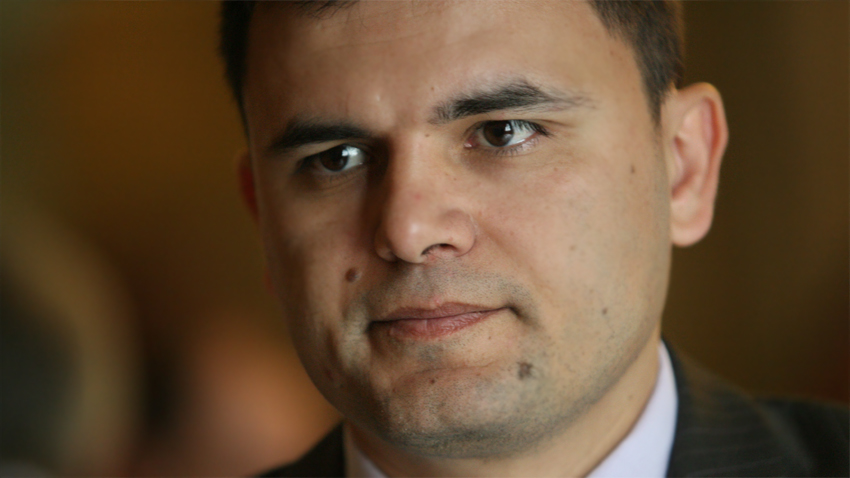Amidst continuing anti-government protests, the government reduced, temporarily, VAT on wine and beer served in food and drink establishments form 20% to 9%. The motive of the authors of the measure – the United Patriots and Volya – was to stimulate the sector affected but also the domestic production of alcoholic beverages.
However, analysts describe this step by the government as an ill-considered reaction, undertaken under pressure from the sectors with the loudest voices. They say that the tax rate reduction is being done without any assessment of its effect on the budget, of the risks of tax fraud, or of any expected benefits. Food and drink establishment owners say that the measure is very late in coming, and that it benefits the establishments frequented by more people.

In an interview for the BNR, Latchezar Bogdanov, chief economist at the Institute for Market Economics says that the reduction of VAT on beer and wine “is far down on the list of measures that could stimulate a better investment climate in Bulgaria in a more general way.” That is why he says the big question is whether these measures are sustainable and how they will contribute to economic growth in the coming years. What is also important is what kind of tax system we want to maintain and to what an extent the fiscal changes are capable of eroding it. In connection with this it is imperative to seek the kind of tax reductions that will stimulate an increase in the long-term potential of economic growth, Latchezar Bogdanov says.
The reduced VAT, which will be in effect until the end of 2021, is valid for tourist services, gyms and fitness facilities, including swimming pools and sports grounds, as well as occasional transport for tourists.
Given the lack of tourists, is this the measure that is going to save the sector? At the beginning of the summer the tax rate for hotel operators was reduced to 9% but in practical terms the difference in the prices of the service is minimal. For example, instead of 100 leva (50 euro) for a double room, tourists now pay 97 leva (48 euro). This is a measure that is going to increase the profits of big businesses, rather thanattract more tourists, economists say. Given that the number of foreign tourists has plummeted this summer, the reduced tax is not something that is going to save some tour operators from bankruptcy.
The truth is that the industry is demanding the development of employment training and re-training programmes in the industry using European instruments.
As to fitness services, there too the reduced tax rate is dependent on the number of customers. It is not going to save employees from being laid off seeing as gyms are half-empty because of the coronavirus.
In this sense the measures could have a more appreciable effect via more effective and better targeted social spending, experts conclude.
Bulgaria can meet the convergence criterion for price stability, needed for entering the Eurozone, in January 2025 and continue to meet it throughout the rest of the year, the Bulgarian National Bank (BNB) states in its macroeconomic outlook,..
"The state should buy Lukoil. Then it can look for partners if it wants. If it wants to operate it on its own, that’s fine too. Bulgarians should have cheap fuel", the leader of DPS-New Begining Delyan Peevski told journalists in parliament...
A few hours before being sworn in for the second time as President of the United States, Donald Trump shocked the international community with the news that he was launching his own cryptocurrency, called $TRUMP. A precedent that provoked many questions..
The financial situation in the country is critical, Finance Minister Temenuzhka Petkova says. Which means that the good news – the slowing inflation..
Bulgaria can meet the convergence criterion for price stability, needed for entering the Eurozone, in January 2025 and continue to meet it..
"The state should buy Lukoil. Then it can look for partners if it wants. If it wants to operate it on its own, that’s fine too. Bulgarians should have..

+359 2 9336 661
